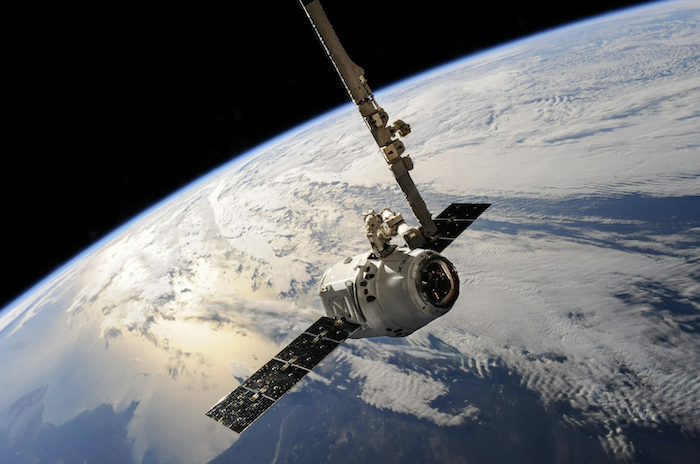UPDATE A federal appeals court on Friday agreed with the FCC’s 2022 decision to allow SpaceX’s Starlink to deploy 7,500 Gen2 satellites into Low-Earth Orbit to provide broadband.
A panel of judges for the U.S. Court of Appeals for the D.C. Circuit said the licensing reasonably addressed signal interference issues raised by satellite television operator DISH Network (NASDAQ: SATS) as well as environmental concerns raised by International Dark Sky. The association’s members include astronomers fighting nighttime light pollution caused by satellite glare, according to Broadband Breakfast.
DISH opposed Starlink’s license, predicting harmful interference and claiming the FCC did not meaningfully evaluate DISH’s data that conflicted with SpaceX’s data certified by the International Telecommunications Union. The court upheld the FCC’s reliance on the ITU-centered “self-certification” process established in 2016, to ensure Starlink would not operate at power levels harmful to DISH satellites, according to Broadband Breakfast.
“DISH’s proffered evidence falls well short of a smoking gun that would require the FCC to disregard SpaceX’s self-certification,” said the court. “Relying on its self-certification licensing framework, the FCC reasonably explained why it declined to consider DISH’s alternative analysis.”
DISH also opposed the agency’s decision to conditionally approve the Starlink satellite launch while the ITU review was pending. The Commission said the decision served the public interest by promoting internet access competition and that Starlink would eventually need to adjust its power levels if the ITU found lack of compliance. “The FCC’s decision to grant SpaceX’s license before the ITU made its compliance determination was reasonable and consistent with previous decisions of this court,” the court said.
International Dark Sky said the Commission needed to conduct an environmental study under the National Environmental Policy Act before approving Starlink’s license. The court agreed with the Commission, and said the Commission found that Starlink was changing software and hardware to reduce brightness and that Gen2 Starlink satellites would “orbit lower than previous satellites, which reduces reflectivity at night.”
FCC Commissioner Brendan Carr called the verdict “Good news for satellite services,” on X.
By Leslie Stimson, Inside Towers Washington Bureau Chief





Reader Interactions